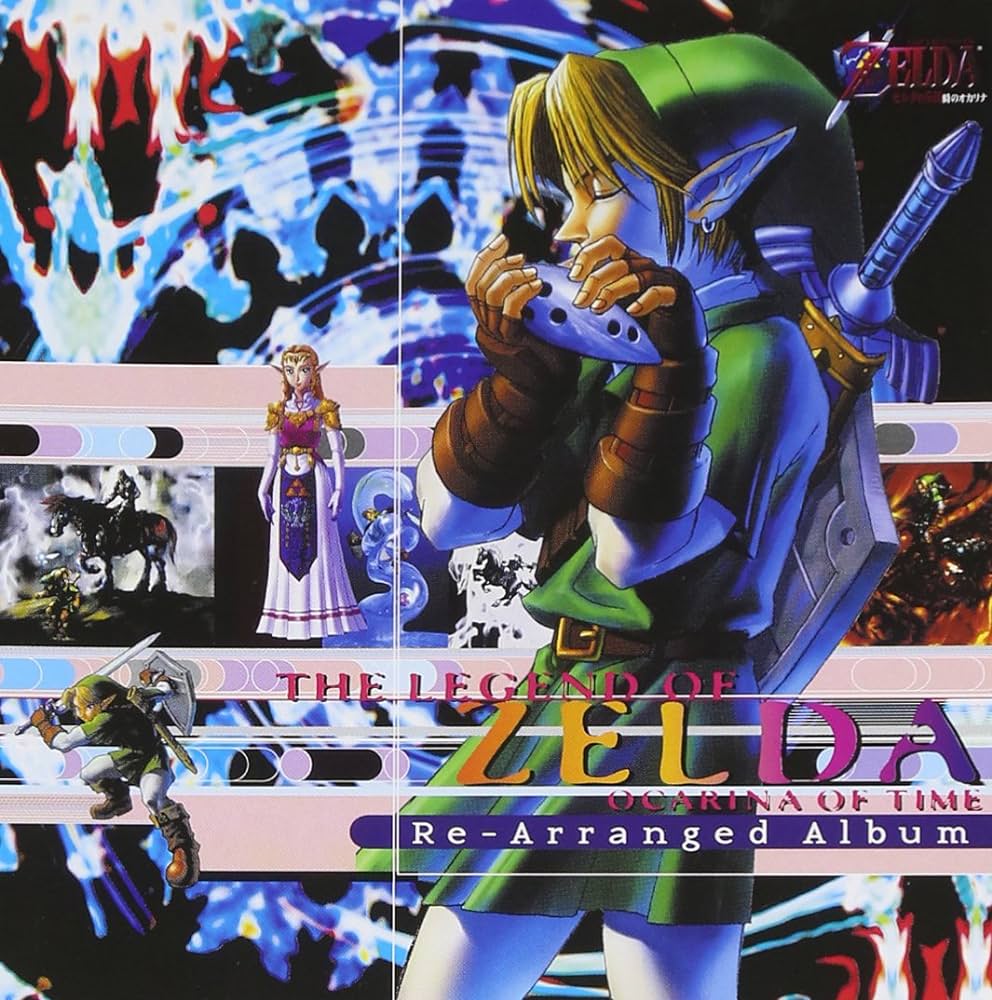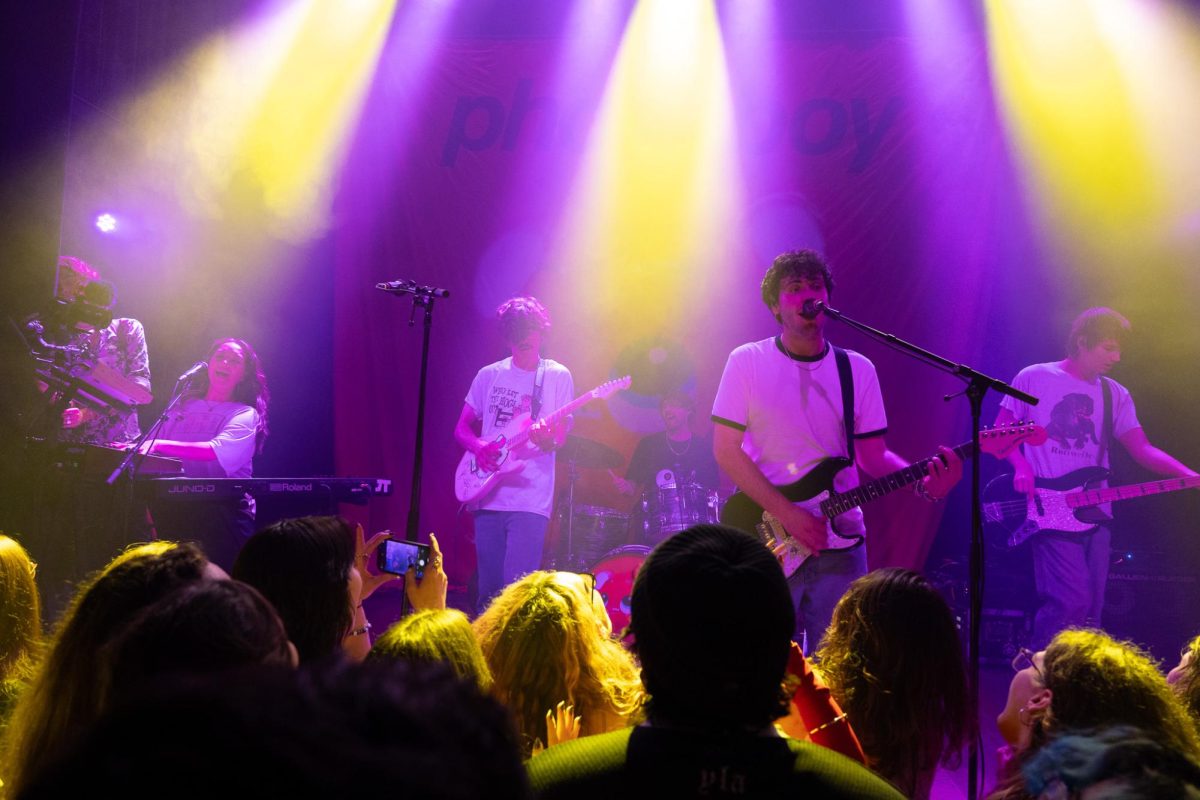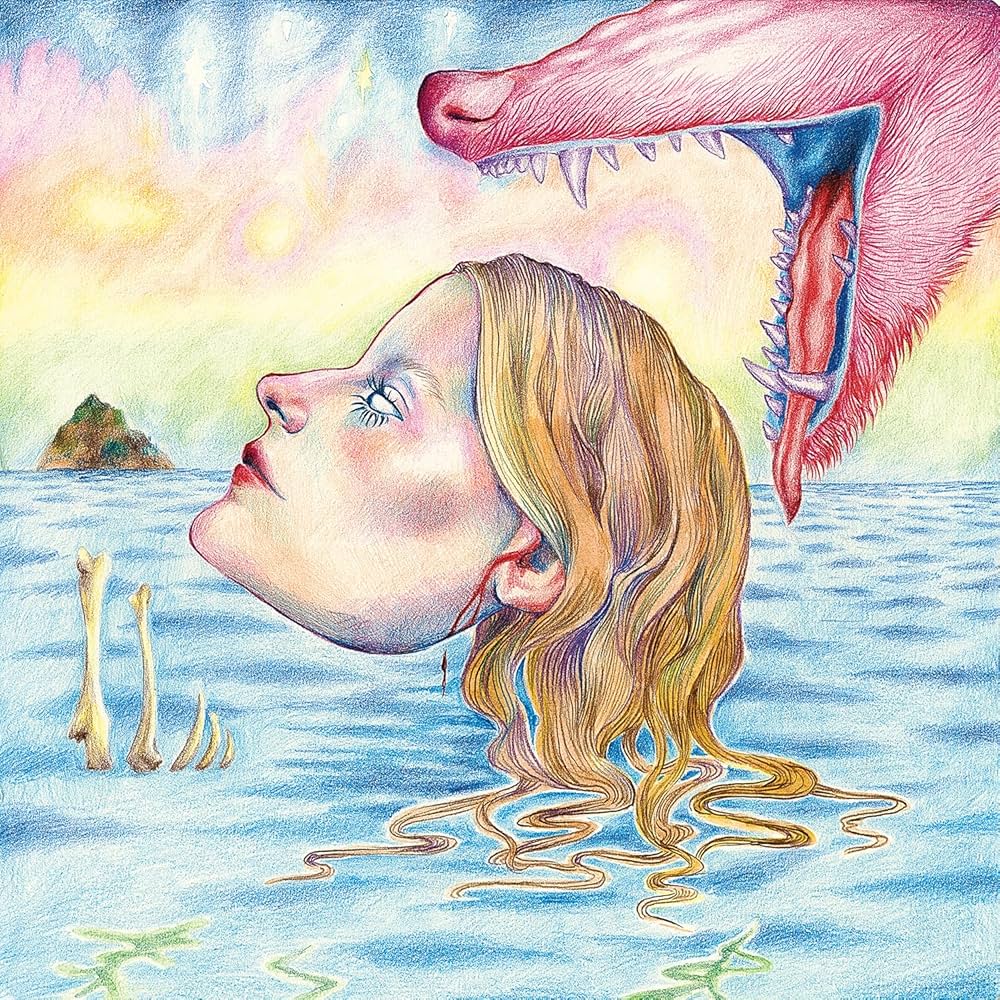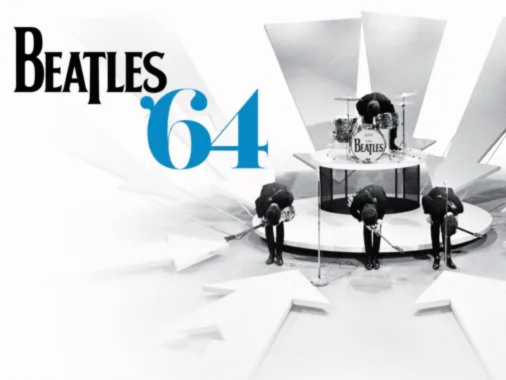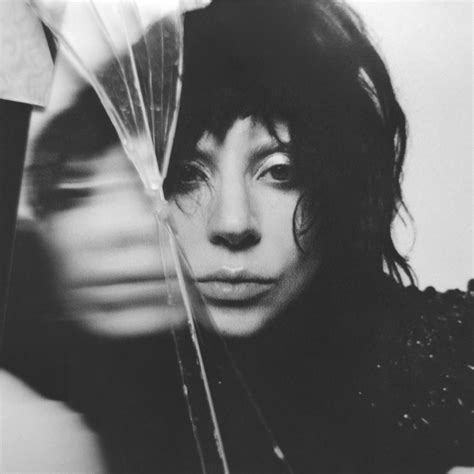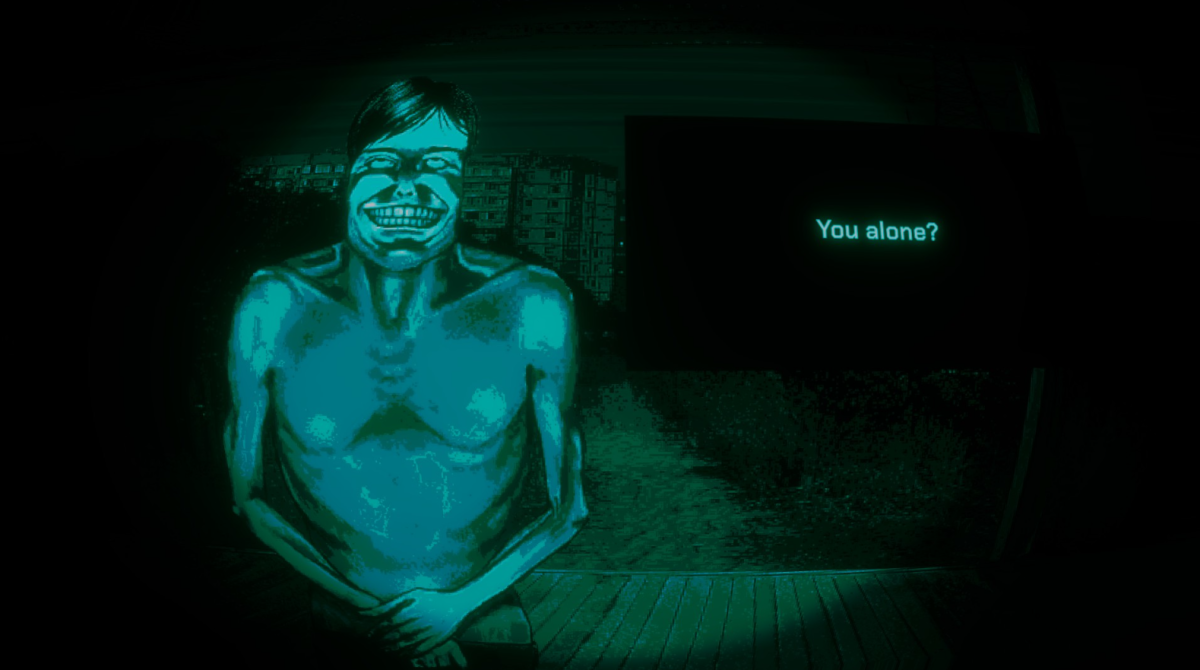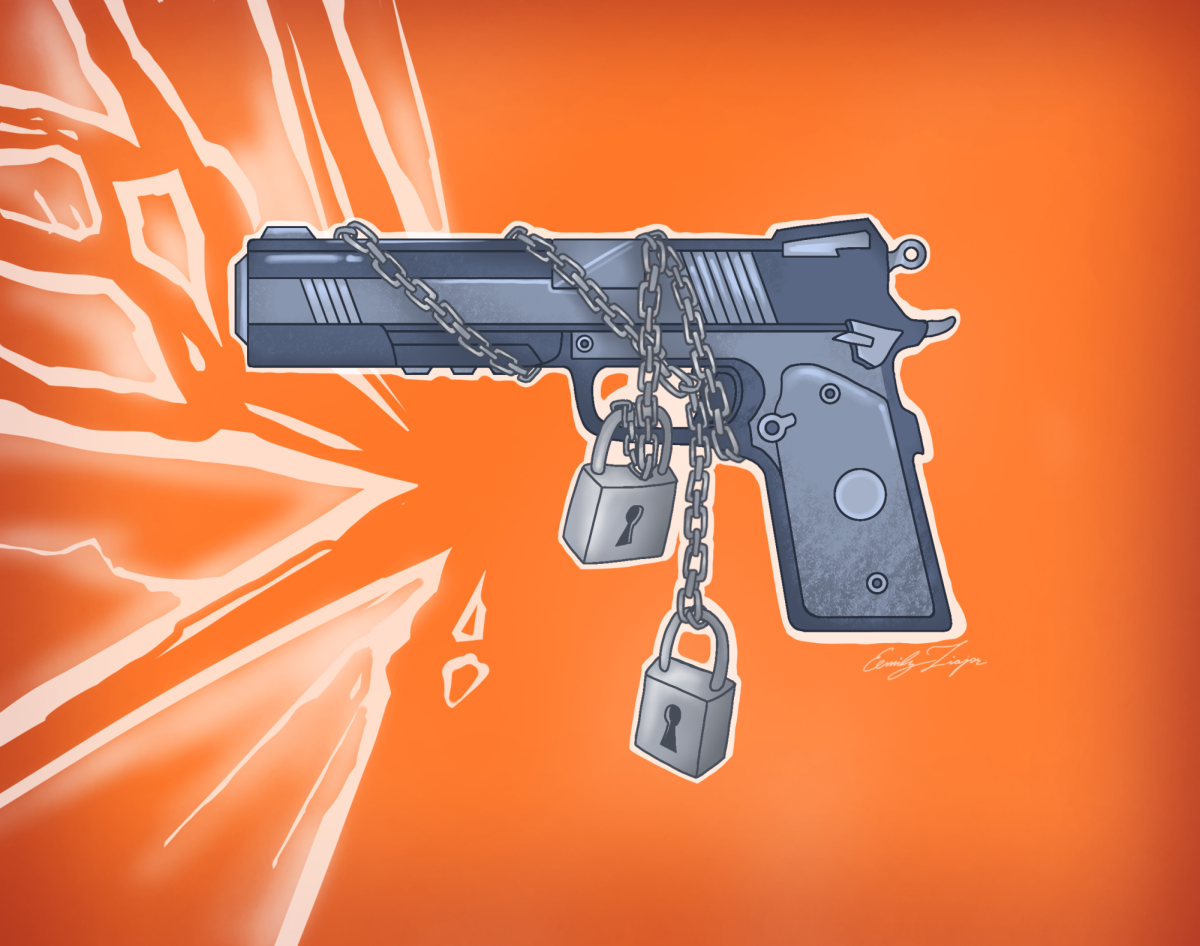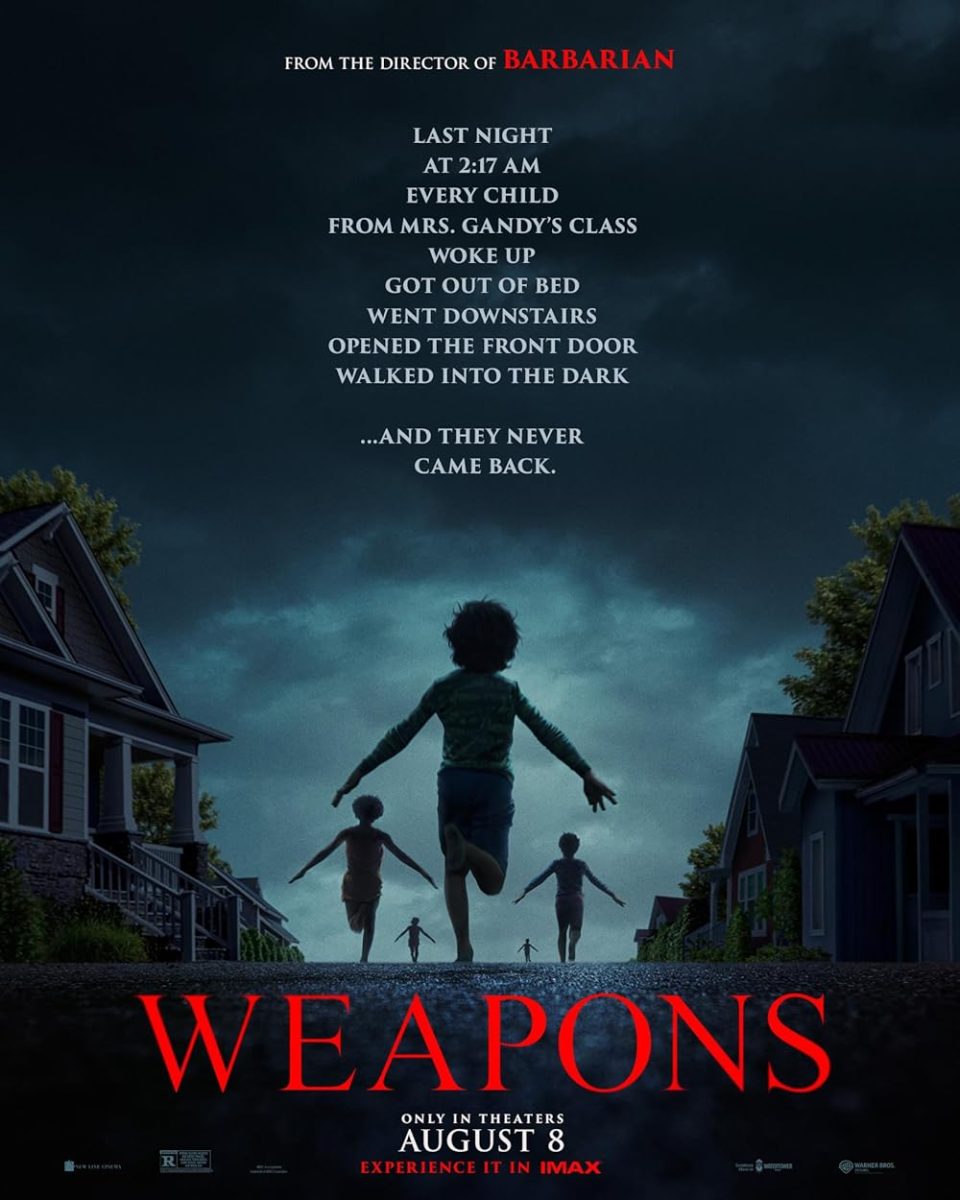If you have ever played the video game “The Legend of Zelda: Ocarina of Time,” you likely vividly remember the memorable— and sometimes emotional— songs that accompanied you as you journeyed the vast fields of Hyrule, traveled back and forth in time and conquered vicious enemies. Now imagine those same atmospheric tracks reimagined as techno or progressive rock songs.
This is exactly what musician duo MOKA did with composer Koji Kondo’s iconic soundtrack for “Ocarina of Time.” The album, entitled “The Legend of Zelda: Ocarina of Time, Rearranged Album,” was released on Dec. 22, 1999. The game’s original soundtrack consists of sound fonts primarily composed of computer-generated string symphonies, harps and other synthetic-acoustic sounds. Deciding to take such an iconic soundtrack beloved to many—myself included— and reinvent it as a series of techno-electronic or classical rock remixes is an audacious move approaching but not exactly obtaining success as an appealing rearrangement.
With the popular video game having celebrated its 25th anniversary late last month on Nov. 21, I thought I would give the entire album a listen and compare it to the original “Ocarina of Time” soundtrack so many players know and love, since I have an appreciation for a wide range of music genres and styles, including electronic and classical. Even if you are unfamiliar with the original game or have not played it before, the album may interest you if you are fond of techno, electronic or classical rock music.
The album, as a whole, is very ambitious but misses in some instances at wanting to create a compelling sound. It is very experimental in nature, fusing techno and electronic elements with songs from entirely different styles that are at times pleasing to the ear and at other times do not work out.
The album begins with a techno rendition of the same song that welcomes players upon the original game’s startup: the title screen theme. It practically transports you back to the 1990s. The remix uses digitized instruments that defined ‘90s techno and electronica, and may even spark some nostalgia in those familiar with such instruments. I appreciate how they incorporated the novel synths, drumming patterns, and other harmonies while still maintaining the original song’s simplicity to some degree.
However, MOKA’s attempt at creating a bridge for this song not present in the original track fell flat. Any song’s bridge is typically supposed to be its climax, yet I became noticeably bored by its mediocre chord progression. I was waiting for the song to return to its main melody. I would deem the post-bridge of the song somewhat a redeeming quality, featuring new harmonies not heard in the song prior. Besides the uninteresting bridge, I developed an acquired taste for this particular track after initially being perplexed by the substitution of the original ocarina sound with blaring synth leads.
The remixed title theme is followed by a progressive rock rendition of “Ocarina of Time”’s regular battle theme. The guitar, drum set, flute and other instruments fuse harmoniously into a funky, catchy track that still retains the ominous tone of battles in the original game.
The re-arranged album features a simple techno remix of “Lost Woods,” alternatively known as “Saria’s Song”. It starts out sounding pleasant, with the familiar game melody being accompanied by a complimenting bass synth harmony. After a while, however, the song becomes monotonous and attempts to incorporate novel sentimental melodies that do not suit the whimsical and lighthearted tone of the original track. Later in the song, what sounds like a repeating shouting voice exclaiming “WOO!” can be heard, which I found exasperating. This track had potential but was ruined by the addition of unbefitting melodies and annoying shouts.
A remix of the “Temple of Time” music marks the eighth track on the album. It tries to sound sentimental, but it honestly did not phase me. I found it repetitive and dull. The remix appears to be made up of choir synth pads and features new melodies that are more boring than interesting. It may be soothing enough to fall asleep to, but it feels very out of place in an album primarily composed of electronic and progressive rock songs.
The album’s remix of “Kotake and Koume’s Theme” falls into this same issue. It is both monotonous and awkward to listen to, reduced to an unpleasant cacophony of techno synths and stereotypical “exotic” instruments. It tries to sound sophisticated but instead sounds too busy with the addition of unnecessary instruments. While I am not particularly fond of the original song, it far exceeds this remix in terms of quality, because it fits the circumstance it is made for in-game and effectively conveys to the listener or player the mischievous tone of the scene using as few instruments as possible.
My favorite track on this re-arranged album by far would be the remix of “Zelda’s Lullaby.” Featuring string and bell harmonies accompanying the leading ocarina melody, it is a beautiful rendition of the endearing tune that has resonated with so many “Ocarina of Time” players. Unlike other novel melodies in other remixes within this album that fell flat, the creative extension of this particular song really does add to this remix. It is dreamy and spellbinding, incorporating soothing piano notes that make it all the more sentimental. The song would especially appeal to listeners who appreciate classical or concert music.
The album concludes with a remake of the “Final Battle” theme from the game. It makes for a strong ending to the album, as it is a compelling techno-classical remix of the game’s most fateful battle that evokes suspense, tension and a desire to see justice ultimately prevail. It does a great job of retaining the emotions of the original final battle theme while remaining catchy, similar to how the album’s regular battle theme remix sounded ominous yet enthralling.
When the album finished, I found myself thinking: Why couldn’t MOKA re-arrange more songs from “Ocarina of Time”? They left out some widely beloved masterpieces from the original soundtrack, such as the Andalusian folk-inspired “Gerudo Valley” or the iconic, fast-paced “Song of Storms,” both of which would be perfect candidates for techno remixes.
Overall, this remixed album may be enjoyable for appreciators of techno and progressive rock, or “Zelda” fans who enjoy listening to alternate takes on soundtracks of their favorite games. While the album as a whole certainly could have been better, I admire MOKA’s creative aspiration to significantly alter part of a soundtrack held in high regard by many.



